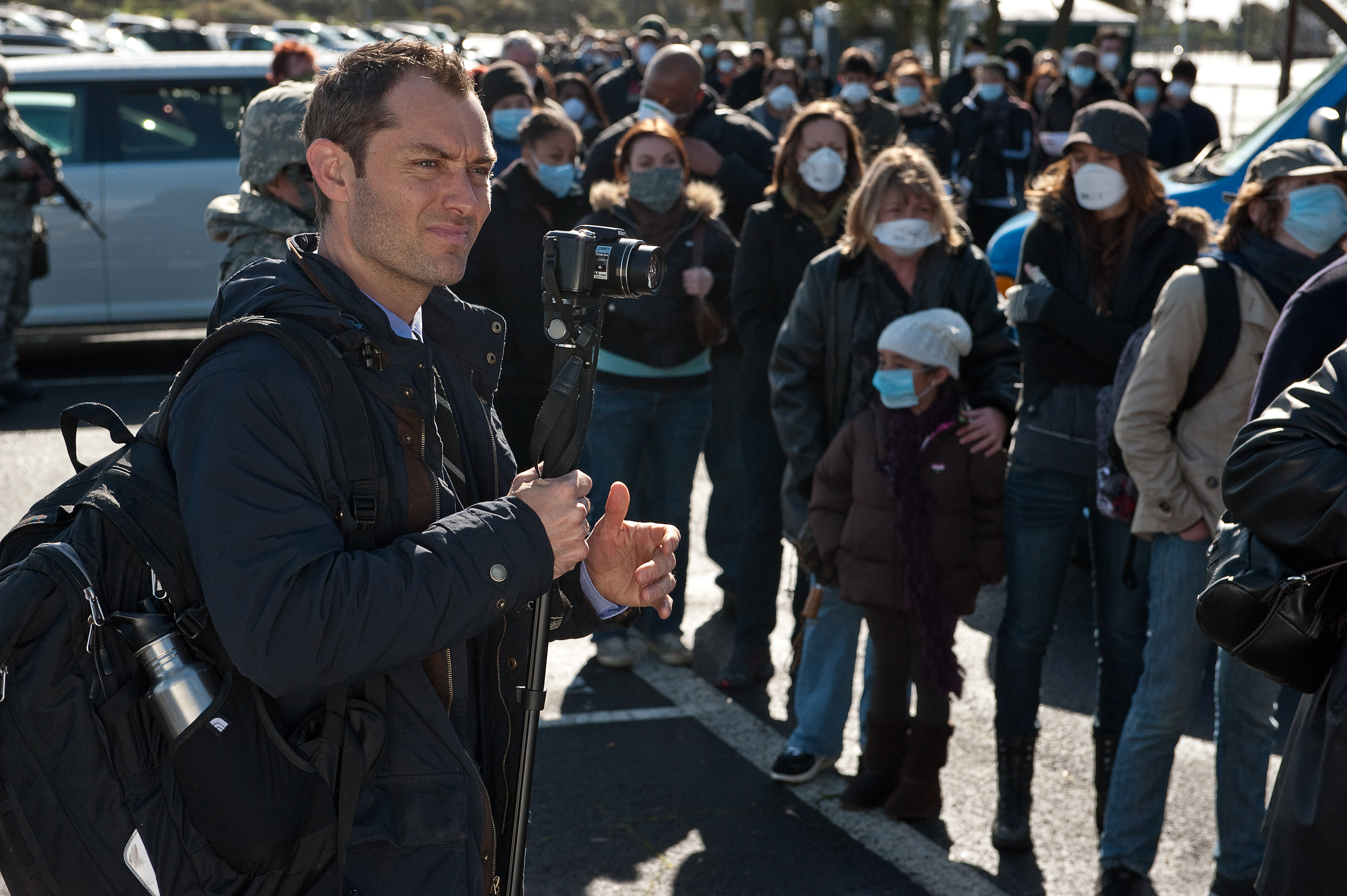 |
| Source: Click. |
Professor David Marshall's guest lecture this week was quite an illuminating take on globalisation in terms of 'celebrity culture'. Examples included Prince Harry's leaked photographs and Catherine Zeta-Jones' anger appearing in paparazzi pictures. I was incredibly interested in the idea he introduced about private and public persona, and how the line has become finer and much more blurred with converging technologies.
Marshall (2008, p.498) talks about how it is personalities that the public are interested in, and personalities that are being bought and enjoyed. Marshall also discusses that new media are making possible what was thought impossible about fifty years ago. Media input has become more democratic, and the humiliating, unexplainable acts by celebrities are able to be posted, reported, broadcast and digested by audiences almost within the hour, within even minutes of occurring.
 |
| Source: Click. |
More recently people tend to explode with their media coverage; One Direction and individuals associated with Twilight come to mind. I have found that people either care religiously or not at all; both extreme polar opposites. There's the few people in the middle, but most tend to be one or the other.
Are your own experiences something like this? I'm interested to hear what you think!



